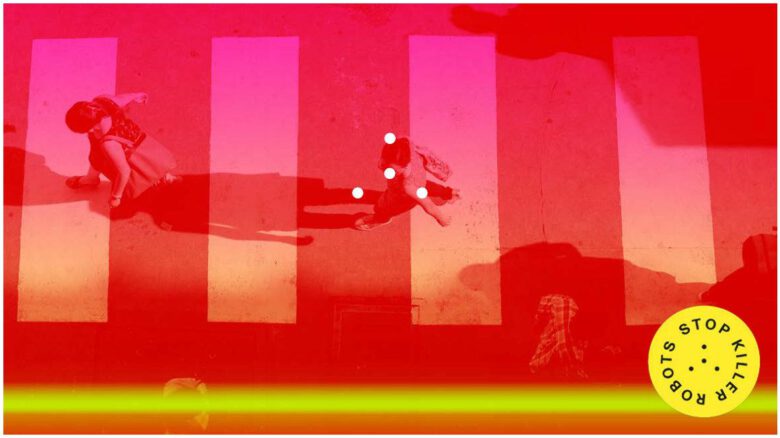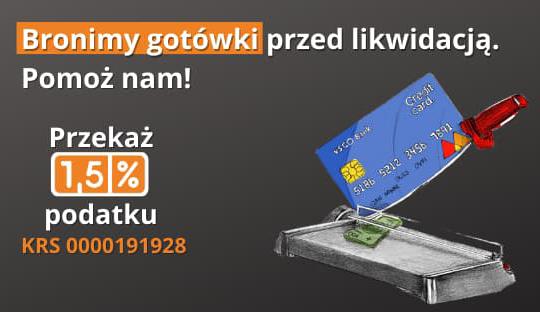Saving the world is boring

We talk to Domen Savič (www.drzavljand.si/en/) about digital democracy and work in the Slovenian third sector.
Domen Savic – director of Drzavljan D (Citizen D), where he focuses on developing long-term projects related to digital rights and media regulation.
Maria Jaraszek: What happened in your life that you do what you do?
Domen Savič: That sounds very dramatic. I was always engaged in the community that investigated the developments within the information society.
I got bored with the corporate career after a few years and decided to join all of my free-time activistic activities and try to make a living out of it. So far, so good. Another part of the reason was that I saw that Slovenia was lacking organizations like Citizen D – issues
went by unaddressed.
So we’ve created the Citizen D NGO with all of the experience from previous dealings with Slovene NGOs – we tried to do the exact opposite in terms of funding, scope and activities since we realized that the Slovene NGO sector is more or less an extension of the
government policies.
Do you see your activity as a watchdog? Why?
I guess you could say that watchdog function is at the core of what we do. Since one of our areas of activities is active citizenship, it’s important to first monitor and analyze the happenings and then try to develop policies that correspond to the developments in the field. We regularly post calls to action, we analyse decisions and engage with decision-makers and we try to push for systemic changes in areas of our activities.
How do you use internet in your work as an activist?
In our work, we regard internet as one of the main tools for communication and civic activation. Most of our activities are done online, partly because it’s affordable and partly because there’s still a general perception of the internet as being free and open and therefor more suitable for civic movement activities.
However, we do not limit ourselves just on digital activities – we try and push for actual change in the legal framework, in the political decision-making processes.
Is it better to be an activist online or offline? Why?
Depends on your definition of „better”. I think it’s easier to engage people online since social networks especially are „rigged to anger or entice”, but I think digital users are still not used of doing the „boring part of saving the world” and engage in a meaningful discussion or the whole process. That’s why we focus on developing relationships with decision makers and our user base on an online but also offline level.
Also – we see activism as a multitude of activities, which are not solely focused on one goal. So from this multi-point of views, some things are better done online and some things have to be done offline. The offline part must be included since the majority of decision-making processes are still done offline and with the online part of the campaign we mostly focus on awareness-raising, PR and generating public pressure while the offline part is reserved for in-depth debates and education, decision-making process engagement and actual change implementation.
How do you finance your work?
In order to assure the highest level of independence we try and diversify our income streams as much as possible. Since we are skilled communication experts, we offer our services in the field of digital PR and digital marketing. We also publish journalistic pieces, lecture at conferences and organize events.
What is the success story of your work, your organisation?
In general terms, I think the biggest success story of our organisation is just staying alive with our business and theme-focus model. Being able to decide your own priorities and not play in accordance with the government-grants agenda is very important for us.
On the matters of individual campaigns, I think we did great things in the field of digital rights (being one of the very very very few organisations in Slovenia that is covering this field) and the field of media literacy, where we developed and implemented our own media
literacy program.
Generally speaking, overall success story is that we’ve developed and implemented a new concept of an NGO for Slovenian environment.
Maria Jaraszek





